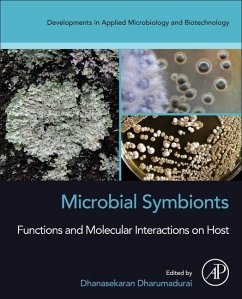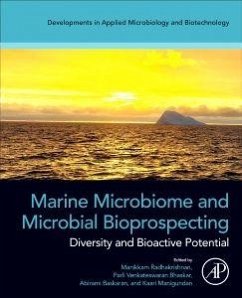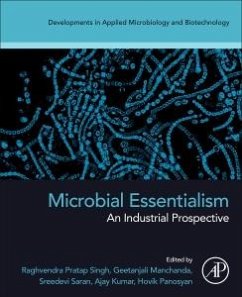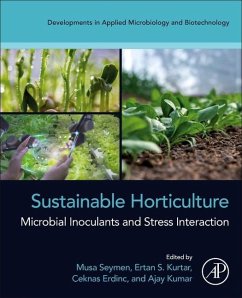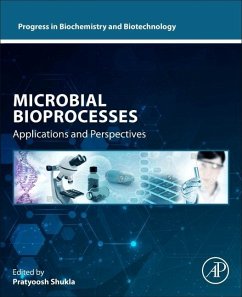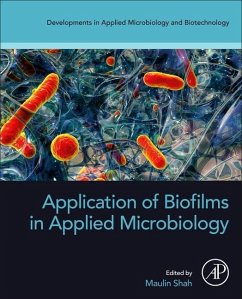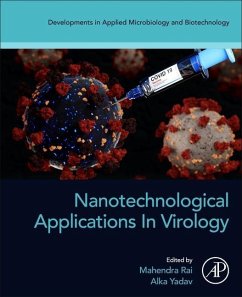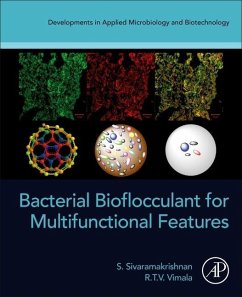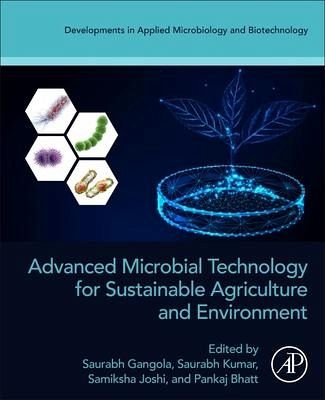
Advanced Microbial Technology for Sustainable Agriculture and Environment

PAYBACK Punkte
78 °P sammeln!
Advanced Microbial Technology for Sustainable Agriculture and Environment focuses on plant-microbe interactions in respect to bioremediation and plant growth promotion, providing insights on diverse approaches such as genomics, metagenomics, proteomics, bioinformatics and other high-throughput analyses of environmentally relevant microorganisms. The impact of frequent applications of potentially toxic chemicals (pesticides and fertilizers) and increased industrialization processes on microbial diversity emphasizes the potential threat to microbial biodiversity in ecosystems. This is an ideal r...
Advanced Microbial Technology for Sustainable Agriculture and Environment focuses on plant-microbe interactions in respect to bioremediation and plant growth promotion, providing insights on diverse approaches such as genomics, metagenomics, proteomics, bioinformatics and other high-throughput analyses of environmentally relevant microorganisms. The impact of frequent applications of potentially toxic chemicals (pesticides and fertilizers) and increased industrialization processes on microbial diversity emphasizes the potential threat to microbial biodiversity in ecosystems. This is an ideal resource on current trends and the future of PGPR developments with bioremediation potential. Moreover, it gives a deep understanding of the genetics of microbial biodegradation and different remediation mechanisms that help to re-establish the natural environment.





